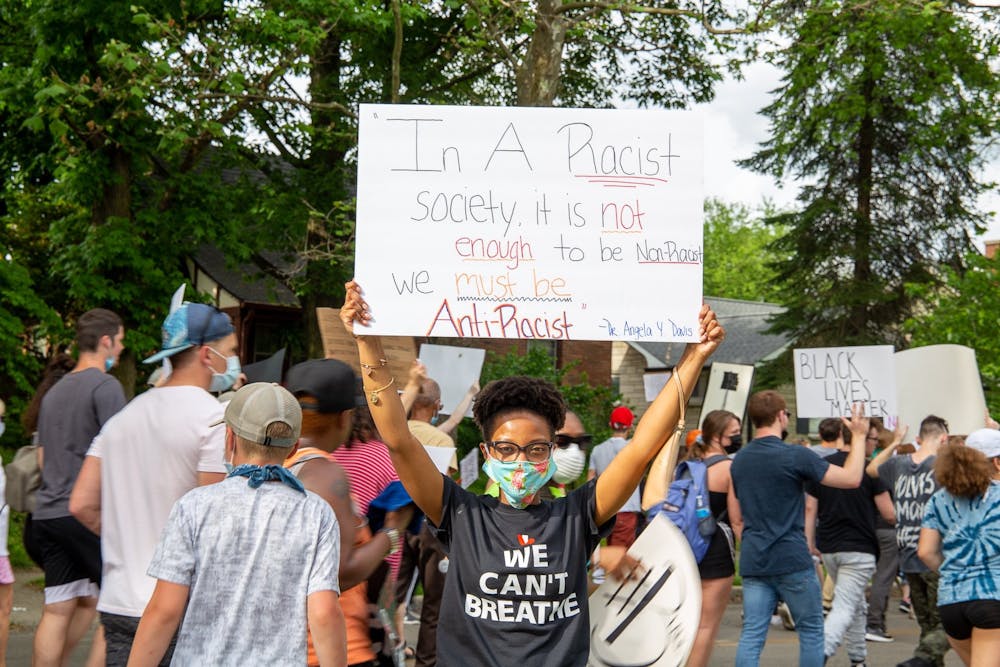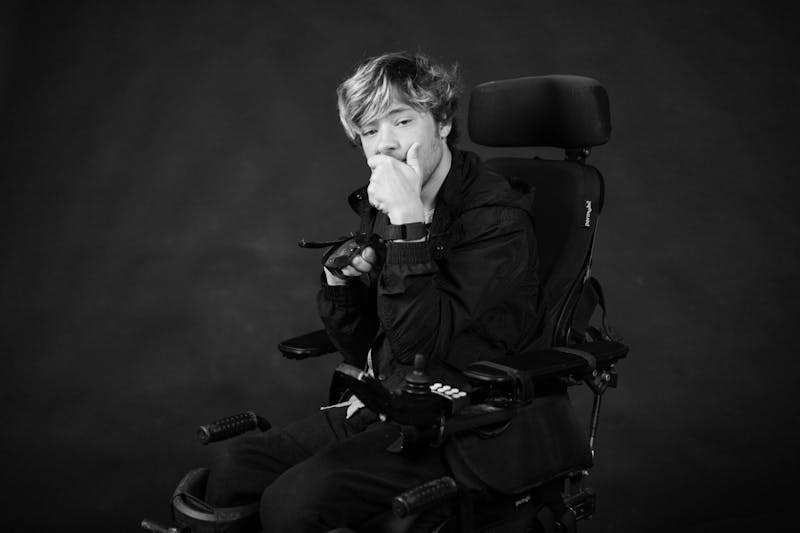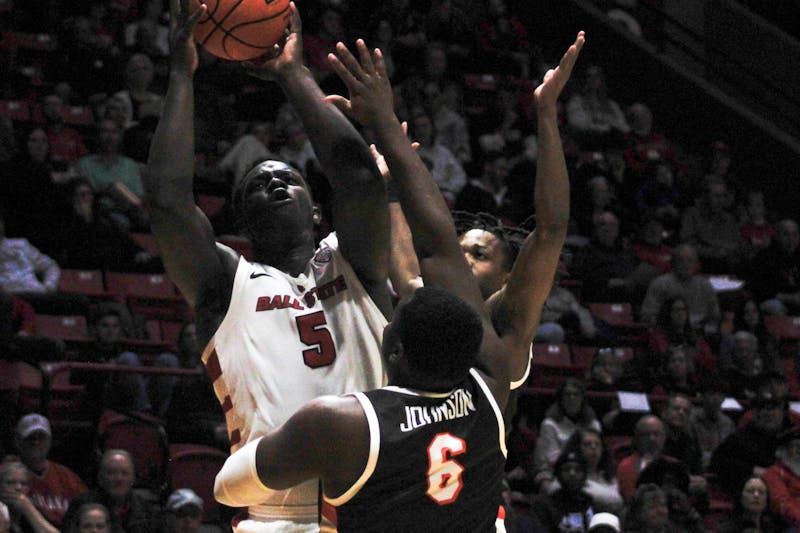
Editor’s Note: The Daily News publishes Letters to the Editor and guest columns with minimal copy edits and provides a headline only if the author does not provide one. The views expressed in letters do not necessarily reflect those of the newspaper. We reserve the right to withhold submitted letters depending on the content.
Recollecting on my own experience at Ball State, as a Black woman and a first-generation college student, no one warned me in advance that I would and should be responsible for making my education my own.
I quickly realized that none of the Eurocentric ideas that pervade our textbooks directly related to me or the community I aspire to serve in professionally. It wasn’t until I was instructed by a mentor about the importance of making my degree work for me. I had, in fact, figured out the unwritten rule — to seek help beyond the classroom. I sought professors, advisors and mentors who have led me into spaces advocating for Black stories through public memoir projects and presenting research on mental health at the National Council for Black Studies conference.
While academics greatly influenced the Black women’s college experience, I would argue that the only way they survived on this campus was through extracurriculars and social activities. In their learning and experience, they desired to make Ball State a place where they wanted to feel like they belonged. In 1946, Sigma Gamma Rho Sorority, Inc. became the first Black sorority chartered on Ball State’s campus. All NPHC Greek organizations provided Black students with vehicles to create their own social experiences. NPHC Greek organizations contributed to Black students’ active involvement on campus. Aside from sororities, many Black women found themselves writing fashion columns for the Black Student Union newspaper, Black Voice, or sharing songs and poetry during a campus radio show.

Nykasia Williams poses with fellow members of The Impact Movement, a Black campus ministry. Nykasia Williams, Photo Provided
The efforts of Black women to create an intersectional community did not go in vain. As I came into college, I hoped that there would be opportunities for me to develop my own identity. Earning a minor in African American studies has allowed me to explore the ways in which race, power and resistance have shaped the Black experience, even being a Black student. The spaces created by Black women who came before me have caused me to develop my own community, which is extremely beneficial to my success. Often, being the only Black student in my classes has propelled me to seek out organizations for Black students. I immediately connected with the Black Student Association and The Impact Movement, a Black campus ministry. Across Ball State’s campus, Black women are continuing traditions initiated decades prior by pledging Black sororities, assuming responsibilities in Student Government and filling the arts with our talents.
The intersection of being Black and female in higher education is a heavy load — especially as we consistently have to navigate our experiences meticulously with caution and, at the same time, discover and define our Black identity. The stories of Black women who have paved the way for me causes me to realize that to be Black and female is to be resilient, courageous, brave and a trailblazer.
Even though society says we don’t — Black women belong.
- Nykasia Williams, Ball State student in Psychological Science and AFAM Studies





The Daily News welcomes thoughtful discussion on all of our stories, but please keep comments civil and on-topic. Read our full guidelines here.